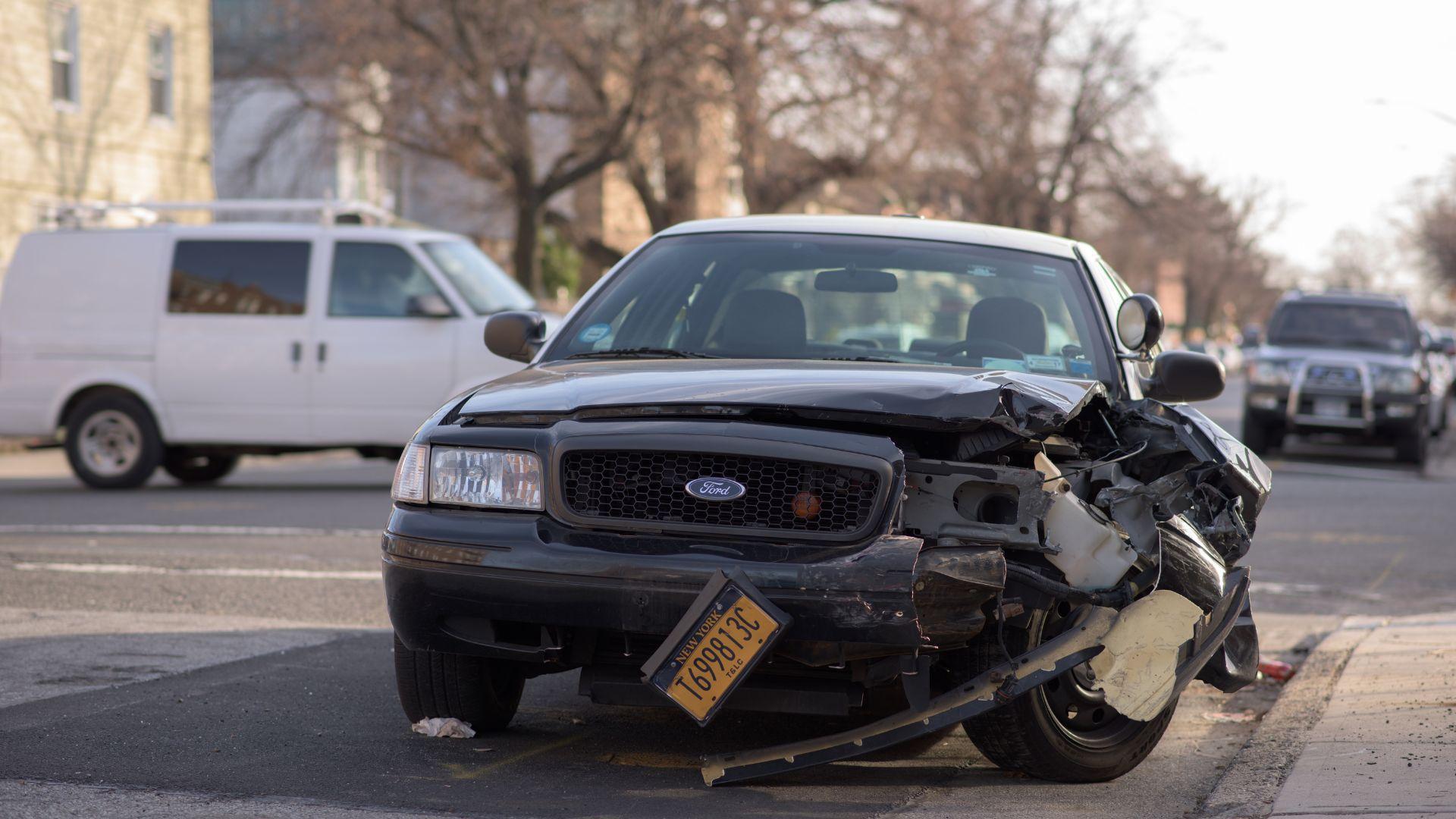Woman Runs Over Driver and Claims Cough Medicine Was Responsible
Recently, an alarming road rage incident unfolded in Springfield, Missouri. Elizabeth McKeown’s actions resulted in the tragic death of Barbara Foster.
The subsequent trial brought to light a unique defense, shedding further complexity on the case and garnering significant attention from the public and media.
Barbara Foster, an Unsuspecting Victim
Barbara Foster, on a routine day in Springfield, unknowingly became the target of an aggressive act on Campbell Avenue.

Source: Briana Tozour/Unsplash
She would fall victim to a sequence of events initiated by Elizabeth McKeown, an episode that would shock the community and highlight the potential dangers of unchecked aggression on the roads.
When Defensive Driving Becomes Dangerous
Driven by impatience and anger, Elizabeth McKeown took a drastic step. Frustrated with Barbara’s driving speed, Elizabeth initiated a confrontation, intentionally rear-ending Foster.

Source: Samuel Foster/Unsplash
A seemingly minor traffic grievance escalated to an irreversible tragedy in mere moments, with McKeown’s decisions having profound implications.
From Rear-End Collision to Unimaginable Aggression
Upon rear-ending Foster due to perceived slow driving, the situation intensified rapidly. The victim, probably seeking to address the collision, stepped out of her vehicle.

Source: Dan Gold/Unsplash
However, McKeown’s subsequent actions would prove catastrophic, leading to dire consequences for Foster.
A Novel Defense
During the trial, McKeown’s defense introduced an uncommon argument.

Source: cottonbrostudio/Pexels
They posited that an adverse reaction to cough syrup was responsible for her hallucinations, and this directly influenced her actions on that fateful day, raising questions about culpability and intent.
Looking Closer at the Medical Claims
The defense underscored a dangerous combination: dextromethorphan from the cough syrup and McKeown’s unique liver condition. This mixture, they claimed, led to the tragic incident.

Source: Towfiqu barbhuiya/Unsplash
However, many viewed this defense with deep skepticism and suspicion, including McKeown’s family.
Blood Tests and Their Revelations
Upon her arrest, a series of blood tests were conducted. While no traces of alcohol were detected, there were significant levels of dextromethorphan.

Source: Polina Tankilevitch/Pexels
This finding added layers of complexity to the case, strengthening the validity of the cough syrup defense.
The Foster Family's Anguish and Skepticism
However, Foster’s grieving family still voiced deep anguish and disbelief.

Source: Michael Jin/Unsplash
The cough syrup defense, in their eyes, appeared to be a calculated maneuver by McKeown—an attempt to evade full accountability for the tragic events on Campbell Avenue.
Schizophrenia Diagnosis Complicated the Case
One significant point during the trial was the introduction of a schizophrenia diagnosis related to McKeown’s medication.

Source: Tima Miroshnichenko/Pexels
This diagnosis, brought forward by a clinical psychologist, became a major point of contention, with both sides presenting arguments about its validity and relevance.
Witnesses Testimonies Shed More Light on the Incident
A range of witnesses, including a medical examiner and an Uber driver, offered their perspectives during the trial.

Source: Per Lööv/Unsplash
Their collective testimonies provided a more comprehensive view of the events that transpired, allowing the jury to better understand the intricacies of that day.
The Final Verdict
Following deliberations, the jury arrived at a decision. Elizabeth McKeown was deemed guilty and subsequently sentenced to life without parole.

Source: Zachary Caraway/Pexels
This judgment provided a degree of closure to a deeply unsettling and tragic case.
Reflecting on the Tragedy
The events on Campbell Avenue serve as a poignant reminder of the possible repercussions of road rage.

Source: Greene County Jail
As the community grapples with the tragedy, it emphasizes the critical importance of patience and understanding while driving, regardless of the circumstances.
